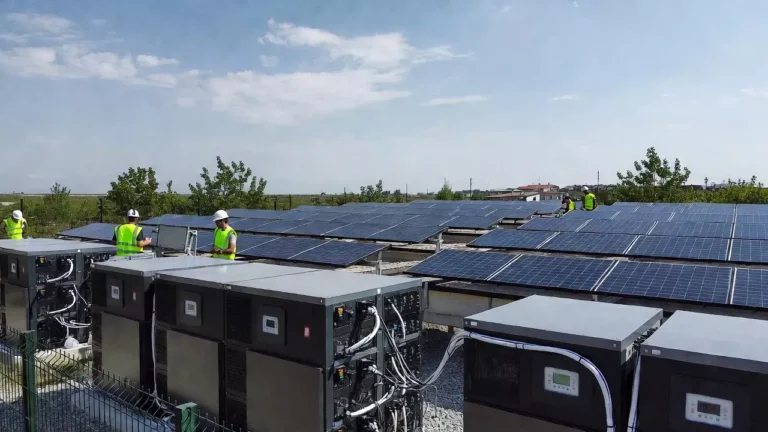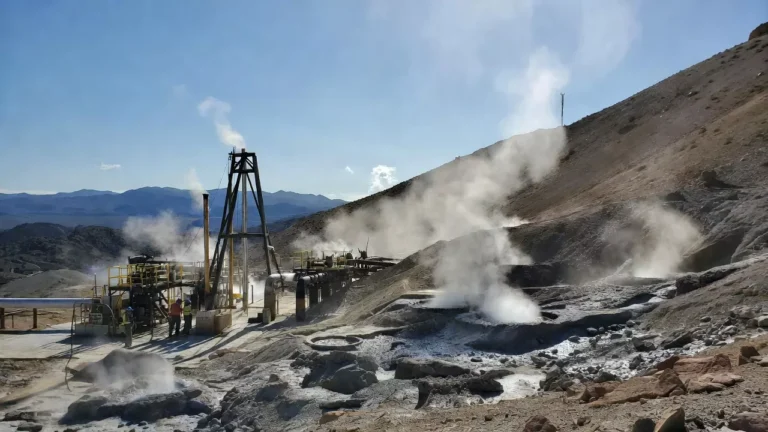
Eni Starts Production at Agogo Integrated West Hub Offshore Angola
Eni has officially commenced production from the Agogo Integrated West Hub (Agogo IWH) development project, a landmark offshore endeavor in Angola. Operated by Azule Energy—a joint venture between Eni and bp—the Agogo IWH project is situated in Block 15/06 in Angola’s lower Congo Basin. This milestone represents a major advancement in the country’s offshore energy development, as well as a strategic showcase of Eni’s low-carbon, fast-track approach to project execution.
A High-Impact Deepwater Development
The Agogo IWH project encompasses the full field development of two significant oil fields, Agogo and Ndungu. Together, these fields contain an estimated 450 million barrels of oil reserves. The project is expected to reach a peak production of approximately 180,000 barrels of oil per day (Kbopd), placing it among the most productive deepwater initiatives in the region.
Crucially, the successful launch of the Agogo Floating Production Storage and Offloading (FPSO) unit marks the start of full-scale production. This achievement came just 29 months after the Final Investment Decision (FID), a remarkably short timeframe that outpaces the industry average for deepwater projects of similar complexity by roughly 12 months. The rapid pace was achieved without compromising safety or environmental responsibility—both core tenets of Eni’s operational philosophy.
From Early Development to Full Field Execution
The journey toward full production at Agogo began well before the establishment of Azule Energy. Eni initiated the phased development of Agogo and Ndungu under its unique Low Carbon, Fast Track model. This approach is designed to maximize value by reducing time-to-market, limiting subsurface uncertainty, and minimizing greenhouse gas (GHG) emissions. It is underpinned by Eni’s “Developing while Appraising” strategy, which involves putting new fields into early production while continuing subsurface evaluation.
Agogo Phase 1 exemplifies this approach: production began in 2020 just nine months after the initial discovery—an industry record for a deepwater field of this scale. By generating early revenue and data, Phase 1 helped de-risk the broader development and paved the way for the rapid execution of the IWH phase.

This phased strategy also emphasizes integrated in-house engineering and advanced digital tools. Eni’s capabilities in computational modeling, engineering design, and project management allowed for simultaneous execution of subsurface assessments, front-end engineering, and procurement planning. The result is a streamlined and efficient project delivery cycle with minimal delays and tight control over cost and performance.
A Technological Benchmark in Sustainability
The Agogo FPSO is not just a production vessel—it is a floating showcase of cutting-edge energy and environmental technologies. It features a full-electric topside and marine system, as well as the largest offshore combined-cycle power generation unit ever installed. These systems substantially reduce onboard fuel consumption and GHG emissions.
In a pioneering move, the FPSO also includes an onboard Carbon Capture and Storage (CCS) pilot unit, making it the first FPSO in Angola to fully offset operational carbon emissions. This aligns with both Eni’s and Azule Energy’s broader decarbonization targets and supports Angola’s commitments under international climate agreements.
The inclusion of these technologies demonstrates how sustainability and performance can go hand in hand, even in traditionally high-emission industries like offshore oil and gas. The project establishes a benchmark for future offshore developments—not only in Angola but globally.
Strategic Importance and Partnerships
Azule Energy, the operator of the Agogo IWH, holds a 36.84% stake in the project. It is joined by national oil company Sonangol E&P (36.84%) and China’s Sinopec International (26.32%). This international partnership illustrates the strategic cooperation between major players in the global energy industry, as well as Angola’s pivotal role as a reliable energy producer.
The Agogo development will contribute significantly to Angola’s oil production capacity and economic output. It also reaffirms the country’s importance as a destination for energy investment and innovation, particularly in deepwater and low-carbon projects.
A Model for Future Offshore Development
The Agogo IWH development represents a confluence of forward-thinking engineering, climate-conscious design, and rapid execution. It is a living example of how traditional fossil fuel projects can adapt to a world increasingly focused on sustainability. By achieving full production far ahead of schedule and integrating groundbreaking emissions-reduction technologies, Eni and its partners are redefining what’s possible in offshore oil development.
Furthermore, this project serves as a model for how major oil producers can remain competitive in an evolving energy landscape. Through digital transformation, phased development, and emissions mitigation, the Agogo IWH exemplifies a new paradigm—one where speed, value, and environmental responsibility coexist.
As global energy demand continues to rise alongside climate challenges, projects like Agogo IWH will be critical in meeting near-term energy needs while minimizing environmental impact. Its successful execution is a significant milestone for Angola, for Azule Energy, and for the broader offshore oil industry.










